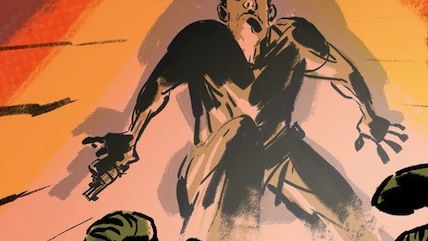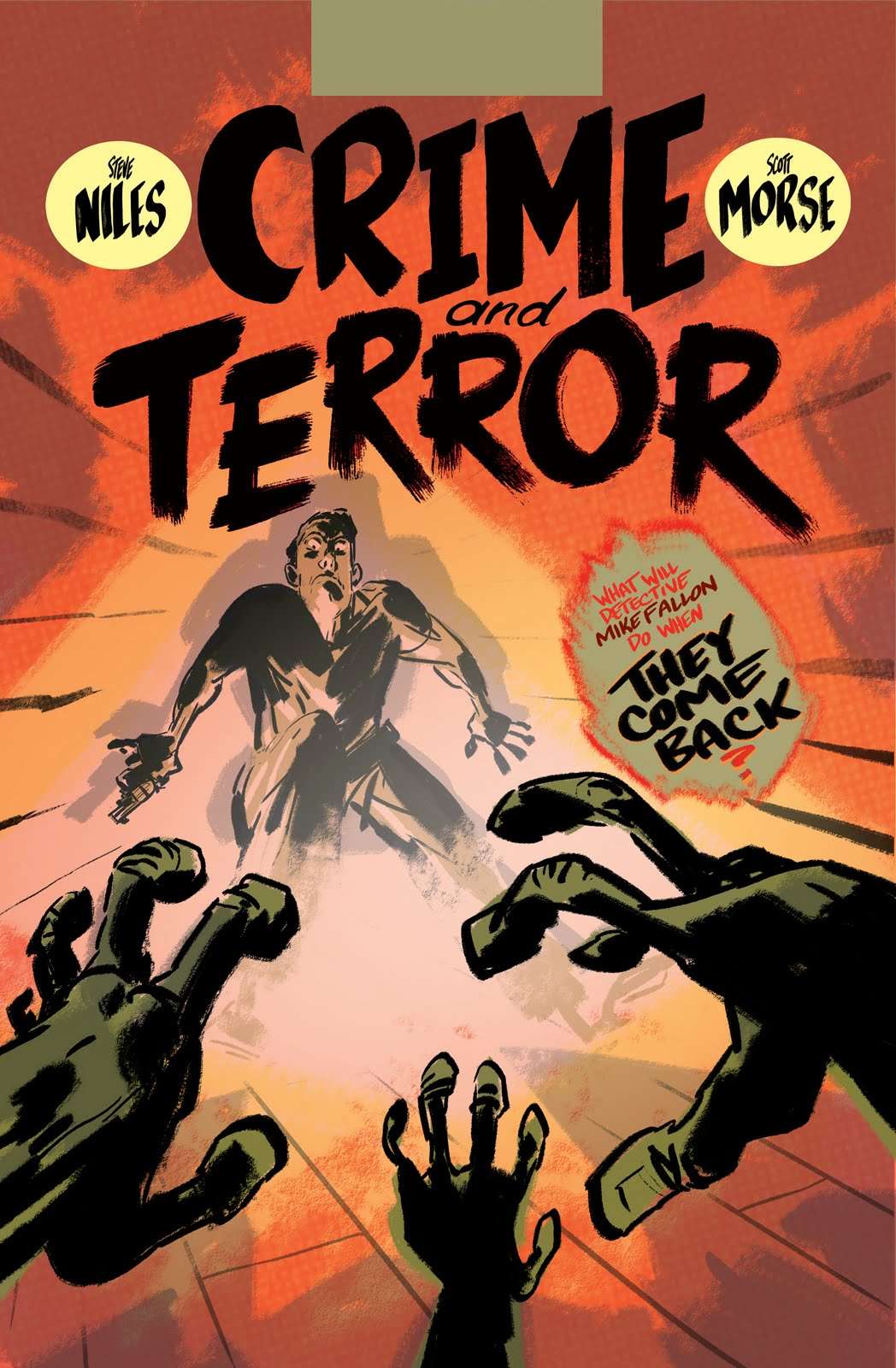A Killing the Country Forgot
Soft targets, the Long 2002, and the specter of the Next Attack


Ten years ago today, in a theater in the Baltimore suburbs, Mujtaba Rabbani Jabbar stood up as X-Men: The Last Stand was playing and fired four shots into the darkened room. One person, a salesman named Paul Schrum, was killed. The gunman then surrendered his weapon and waited for the police to arrive; six months later, he was convicted of first-degree murder and committed to a state mental hospital.
I remember this story because I wrote about it at the time. Indeed, I think I was the first reporter to find the killer's website, a fact that had less to do with any speed on my part—my article appeared several days after the crime—than with the fact that, as best as I can tell, no one else was looking for it. That seems strange now, when one of the world's first reactions after any event like this is to search for the perp's Facebook page, but in 2006 we hadn't yet entered the age of ubiquitous social media.
That's not the only thing about this story that feels a little alien a decade later. If the murder had happened today, it would have instantly been slotted into two different media narratives: one focused on the fact that it was an apparently random public shooting, the other on the fact that Jabbar was a Muslim. Instead the event made a couple of small splashes in the press, the first right after the crime and the second right after the sentencing, and then it faded away. Some anti-Islamic blogs noted it, but even there it never really became a big part of their storyline.
The slaying would have been received differently a few years earlier too. There was a period between 9/11 and the invasion of Iraq—call it the Long 2002—when Americans expected the Next Attack to come along any day. Warblogs (remember "warblogs"?) were filled with speculations about how that Next Attack would go down. Maybe the terrorists would bomb four schools simultaneously in different parts of the country. Maybe they'd shoot up some malls. I swear I remember a blogger declaring that he had just realized the perfect way for a terror network to hurt us, but he wasn't going to say what it was because he didn't want Al Qaeda to get any ideas from reading his blog. When a pair of snipers named John Allen Muhammad and Lee Boyd Malvo shot a series of people in the D.C. area, National Review's Jim Robbins declared that the assaults must be "part of al Qaeda['s] fall offensive." (They weren't.)
I don't recall Robbins saying anything similar after Jabbar shot Schrum. As for me, I wasn't sure if Jabbar's act was political—but if it was some sort of leaderless resistance, I figured it was a sign that the strategy wasn't getting very far. "It would be a particularly pathetic sort of terrorism," I wrote: "a kind that inspires grief but little actual terror."
That was then; this is now. Al Qaeda turned out to be focused on following 9/11 with an assault of a similar scale, not hitting soft targets in the heartland. ISIS, by contrast, has basically told its sympathizers around the world to kill whoever they can for the cause; and with that, it has put Americans back on alert for the Next Attack. "The smallest action you do in the heart of their land," Abu Muhammad al-Adnani declared last month, "is dearer to us than the largest action by us, and more effective and more damaging to them." If a killer pledges allegiance to the Islamic State, ISIS sees that as sufficient reason to claim responsibility for his assault, even if he never had any contact with the group and even if—as appears to be the case with the man who murdered 49 people in Orlando last weekend—his grasp of the ISIS ideology seems rather weak. It's entirely possible that Omar Mateen would have gone on a rampage without ISIS in the picture, but if nothing else the group gave him a name to glom on to. The Islamic State's hold on its own territory may be slipping, but when it comes to decentralized terror, its brand is the biggest in town.
Well, here's to the memory of Paul Schrum, a man who deserved a better end. For more on the crime that killed him, you can read my old story about the murder here.


Show Comments (126)